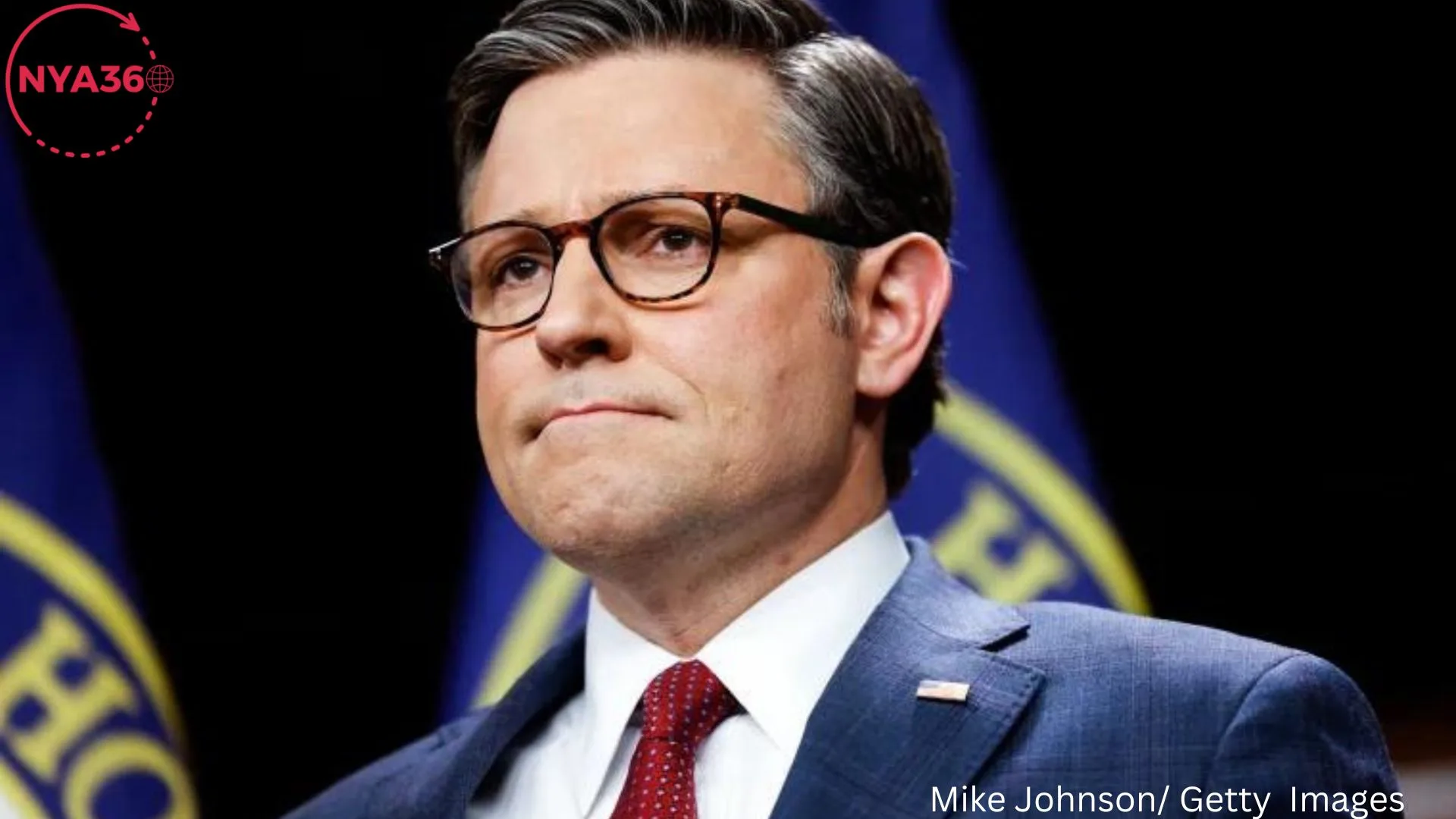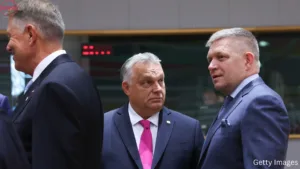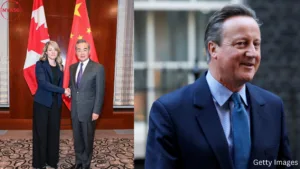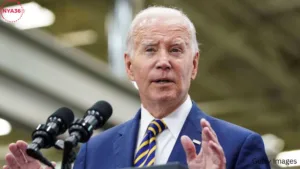A new financial commission report has generated considerable controversy within the halls of power due to its recent revelations that House Speaker Mike Johnson is allegedly involved in a network of financial transactions involving substantial quantities from foreign entities. Speaker Johnson reportedly received $524,000 from AIPIC and $95,000 from a foreign lobbying organization in the immediate aftermath of the ratification of a substantial military aid package, according to the report. The ethical implications of elected officials accepting foreign funding to promote personal agendas in the United States have been rekindled by these revelations, prompting calls for more stringent regulations to protect the democratic process.
The crux of the dispute revolves around the matter of external influence on American politics. The proposition that financial contributions from foreign entities could persuade elected officials gives rise to significant apprehensions regarding the integrity of the decision-making process and the possibility of unwarranted influence on domestic policy. Within a democratic framework anchored in the values of openness, responsibility, and self-governance, the utilization of foreign funds by government officials to advance agendas within the United States undermines the very essence of democratic principles.
The timing of the purported payments to Speaker Johnson is especially concerning, as they transpired near the ratification of a military aid package worth billions of dollars, which contained substantial funding allocations for Israel, Taiwan, and Ukraine. The proximity of the payments to the enactment of legislation that could have ramifications for U.S. foreign policy and the ambiguity surrounding their precise characteristics and intended objective give rise to concerns regarding possible conflicts of interest and the impact of foreign actors on U.S. policy formulation.

Critics contend that elected officials’ absorption of foreign funds erodes public confidence in government institutions and undermines the principle of serving the American people’s best interests. The potential for foreign interference in domestic affairs not only undermines the integrity of democratic processes but also presents threats to national security through the potential disclosure of sensitive information and external influence on decision-making.
There has been an increased volume of demands from government members for more stringent regulations pertaining to the acceptance of foreign currency, as a reaction to the allegations leveled against Speaker Johnson. Proponents of reform contend that the current framework of legislation and regulatory measures is inadequate in impeding foreign entities from wielding unwarranted sway over American politics and policy formulation. To ensure compliance with existing laws, they advocate for measures such as prohibiting elected officials from accepting foreign contributions, implementing stricter disclosure requirements, and bolstering oversight and enforcement mechanisms.
Advocates for more stringent regulations underscore the imperative of protecting the United States’ independence and sovereignty against external meddling. They contend that elected officials are obligated to impartially represent the interests of their constituents and that permitting foreign funding into the political process undermines the nation’s founding democratic principles.

Conversely, critics of more stringent regulations warn against excessive authority and possible inadvertent repercussions. The authors contend that although transparency and accountability are critical, absolute prohibitions on foreign contributions could potentially violate the legitimate political activities of organizations and individuals, such as lobbying and advocacy. They underscore the significance of maintaining a delicate equilibrium between safeguarding constitutionally protected liberties of expression and association and averting unwarranted influence.
Amid the ongoing discourse regarding the impact of foreign influence on American politics, the disclosures about the purported financial dealings of Speaker Johnson stand as an unmistakable illustration of the obstacles that the democratic process encounters. In an age characterized by escalating globalization and interdependence, there has never been a greater urgency to protect democratic institutions against external manipulation and preserve their integrity. In contemplating the most effective strategies to tackle these challenges, policymakers must be guided by the foundational tenets of democracy, accountability, and transparency. Such guidance is crucial for safeguarding the integrity of the democratic process and maintaining the sovereignty of the United States.
Follow us on social media: Instagram, Threads & Twitter X @nya360_ YouTube & Facebook @nya360.





